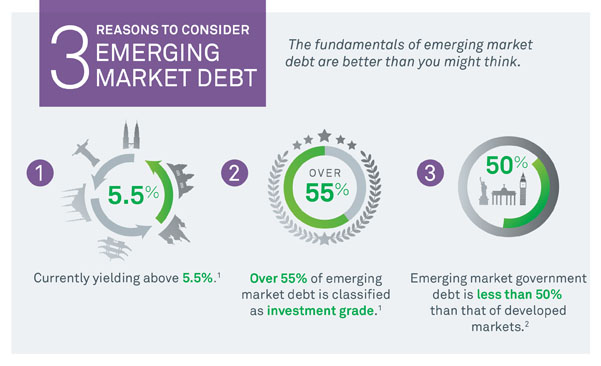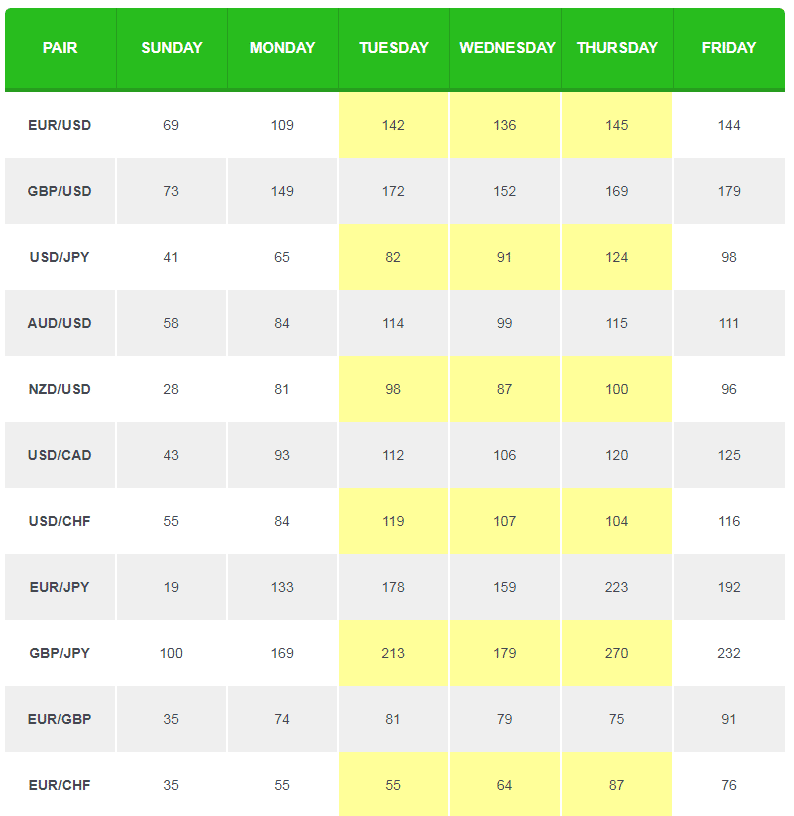
Start small with low leverage and a small amount. Then, increase the money as your profits begin to pile up. While bigger accounts are more profitable than smaller accounts, higher profits do not always mean greater profits. It is always advisable to start small and focus on one currency pair, and then expand as your trading skills improve. It is a smart idea to start small and focus on one currency pair in your first forex trading experience. As your profits grow, you can increase your leverage.
Avoid following the market
You should always have an exit strategy before you enter forex trading. Chasing the market is a common mistake made by inexperienced traders. It is a common cause for impatience and poor capitalization. This is a common mistake that can be fixed by automation. You should learn how to avoid chasing down the market before automating your trades. Here are some helpful tips that will help you avoid chasing the market:
Avoid trading based upon emotions
You can avoid making mistakes when trading by avoiding emotions. Emotions, which are a part of our biology, are a way we respond to changes. If a trader is stressed out, emotions can take over his or her thoughts. Instead of profiting, traders who are stressed out make poor trade decisions that end up costing them their money. This can be avoided by traders making conscious decisions to avoid emotional consequences.

Avoid overtrading
One of the most important tips in trading is to avoid overtrading. Overtrading, a common mistake made by traders, can result in them losing money. Excessive trading can lead you to poorly researched trades and high commissions. Overtrading is possible, but there are ways around it. Continue reading for more ideas on how to stop trading in excess. You can plan ahead and keep your trading account balance down.
Do not trade against the trend
Trading with the trend requires that you understand the characteristics of the trend in order to trade according to them. You can use indicator-based trading strategies to follow market signals and price action to avoid surprises when the trend is about to end. In this article, I will discuss the importance of following price signals and trendlines in trading. This is the best way for your trading strategy to succeed and prevent costly mistakes.
Avoid trading exotic pairs
Forex trading is not easy if you're not well versed in the market. Trading with exotic pairs, such as the Japanese yen or Chinese yuan, is something you should avoid unless you are comfortable with them. A big loss can wipe out an entire account. Also, you should set a large stop loss range. High price swings can ruin even the most profitable trades.
Avoid trading in volatility contraction
The concept of volatility contracting is powerful. While it may have been possible to predict the future a few year ago, computing has made the game more complicated. Volatility cycles can be used to signal trades and are an integral part of market behavior. To avoid falling into this trap, learn to trade with the range of volatility. This will allow you to make profitable trades. These are just a few examples of how volatility can be used.

Avoid trading in volatility expansion
Trading with volatility expansion is the best way to avoid losing consecutive trades. This strategy works by narrowing the time frame, usually to intraday. Tradeable swings can be found within 15- and 60-minute time frames. Barbara Rockefeller, an international economist who specialized on foreign exchange, pioneered the strategy. She combined technical and fundamental analysis in her daily reports. This signal should be of interest to traders.
FAQ
How are shares prices determined?
Investors are seeking a return of their investment and set the share prices. They want to make profits from the company. They purchase shares at a specific price. Investors will earn more if the share prices rise. The investor loses money if the share prices fall.
An investor's main objective is to make as many dollars as possible. They invest in companies to achieve this goal. It helps them to earn lots of money.
What is a Reit?
A real estate investment trust (REIT) is an entity that owns income-producing properties such as apartment buildings, shopping centers, office buildings, hotels, industrial parks, etc. These companies are publicly traded and pay dividends to shareholders, instead of paying corporate tax.
They are similar to corporations, except that they don't own goods or property.
Why is marketable security important?
The main purpose of an investment company is to provide investors with income from investments. This is done by investing in different types of financial instruments, such as bonds and stocks. These securities have certain characteristics which make them attractive to investors. These securities may be considered safe as they are backed fully by the faith and credit of their issuer. They pay dividends, interest or both and offer growth potential and/or tax advantages.
It is important to know whether a security is "marketable". This is how easy the security can trade on the stock exchange. You cannot buy and sell securities that aren't marketable freely. Instead, you must have them purchased through a broker who charges a commission.
Marketable securities include government and corporate bonds, preferred stocks, common stocks, convertible debentures, unit trusts, real estate investment trusts, money market funds, and exchange-traded funds.
These securities can be invested by investment firms because they are more profitable than those that they invest in equities or shares.
What is the purpose of the Securities and Exchange Commission
SEC regulates securities brokers, investment companies and securities exchanges. It enforces federal securities laws.
What's the difference between a broker or a financial advisor?
Brokers are individuals who help people and businesses to buy and sell securities and other forms. They handle all paperwork.
Financial advisors are experts on personal finances. They use their expertise to help clients plan for retirement, prepare for emergencies, and achieve financial goals.
Banks, insurance companies or other institutions might employ financial advisors. They may also work as independent professionals for a fee.
Consider taking courses in marketing, accounting, or finance to begin a career as a financial advisor. Additionally, you will need to be familiar with the different types and investment options available.
Statistics
- Even if you find talent for trading stocks, allocating more than 10% of your portfolio to an individual stock can expose your savings to too much volatility. (nerdwallet.com)
- "If all of your money's in one stock, you could potentially lose 50% of it overnight," Moore says. (nerdwallet.com)
- Ratchet down that 10% if you don't yet have a healthy emergency fund and 10% to 15% of your income funneled into a retirement savings account. (nerdwallet.com)
- Our focus on Main Street investors reflects the fact that American households own $38 trillion worth of equities, more than 59 percent of the U.S. equity market either directly or indirectly through mutual funds, retirement accounts, and other investments. (sec.gov)
External Links
How To
How to Invest Online in Stock Market
You can make money by investing in stocks. There are many methods to invest in stocks. These include mutual funds or exchange-traded fund (ETFs), hedge money, and others. The best investment strategy is dependent on your personal investment style and risk tolerance.
To be successful in the stock markets, you have to first understand how it works. This includes understanding the different investment options, their risks and the potential benefits. Once you've decided what you want out your investment portfolio, you can begin looking at which type would be most effective for you.
There are three major types of investments: fixed income, equity, and alternative. Equity is the ownership of shares in companies. Fixed income means debt instruments like bonds and treasury bills. Alternatives are commodities, real estate, private capital, and venture capital. Each category comes with its own pros, and you have to choose which one you like best.
Once you figure out what kind of investment you want, there are two broad strategies you can use. The first is "buy and keep." This means that you buy a certain amount of security and then you hold it for a set period of time. The second strategy is "diversification". Diversification means buying securities from different classes. By buying 10% of Apple, Microsoft, or General Motors you could diversify into different industries. Multiple investments give you more exposure in different areas of the economy. Because you own another asset in another sector, it helps to protect against losses in that sector.
Risk management is another crucial factor in selecting an investment. Risk management allows you to control the level of volatility in your portfolio. If you are only willing to take on 1% risk, you can choose a low-risk investment fund. A higher-risk fund could be chosen if you're willing to accept a risk of 5%.
Learning how to manage your money is the final step towards becoming a successful investor. You need a plan to manage your money in the future. You should have a plan that covers your long-term and short-term goals as well as your retirement planning. You must stick to your plan. You shouldn't be distracted by market fluctuations. You will watch your wealth grow if your plan is followed.